Sponsors of the failed Voxel Quest project do not want their money back
Voxel Quest investors have not waited for the game, but still were satisfied

The story of the development of open-source games Voxel Quest on "Kickstarter" is very amazing. It is not surprising that the developer took on the impossible task alone and in the end did not cope with it. This happens all the time. Yesterday the final blog post of the project was published, announcing the end of development. Another thing is surprising: now the backers - the project investors who financed the creation of Voxel Quest - do not want to take their money back!
This is a story about how the right approach to business, openness and communication with people, honesty and dedication brings pleasure to all participants in the process, regardless of the outcome. Truly, this is a topic for good.
On October 9, 2014, American game developer Gavan Woolery launched a campaign on Kickstarter to develop a role-playing game with independent AI called Voxel Quest . Vouleri is a real fan of computer games, he has been involved in 3D modeling since he was 13, and has had a decade of experience with game engines. He conducted the entire development of Voxel Quest on his own, and even before the start of the crowdfunding campaign he established communication with future investors of the project.
')
The developer promised to release an isometric engine (voxel isometry) for an open-world RPG — and at the end publish the source code with “minor restrictions” on licensing. Gavan initially promised that the development will be carried out taking into account the wishes of users.
Screenshots from the gallery Voxel Quest

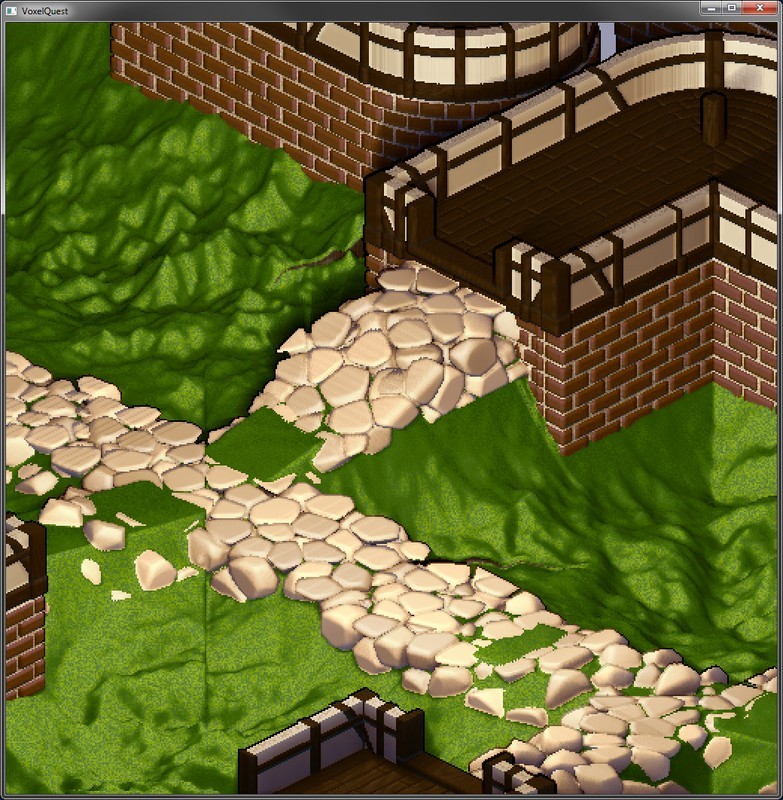
More screenshots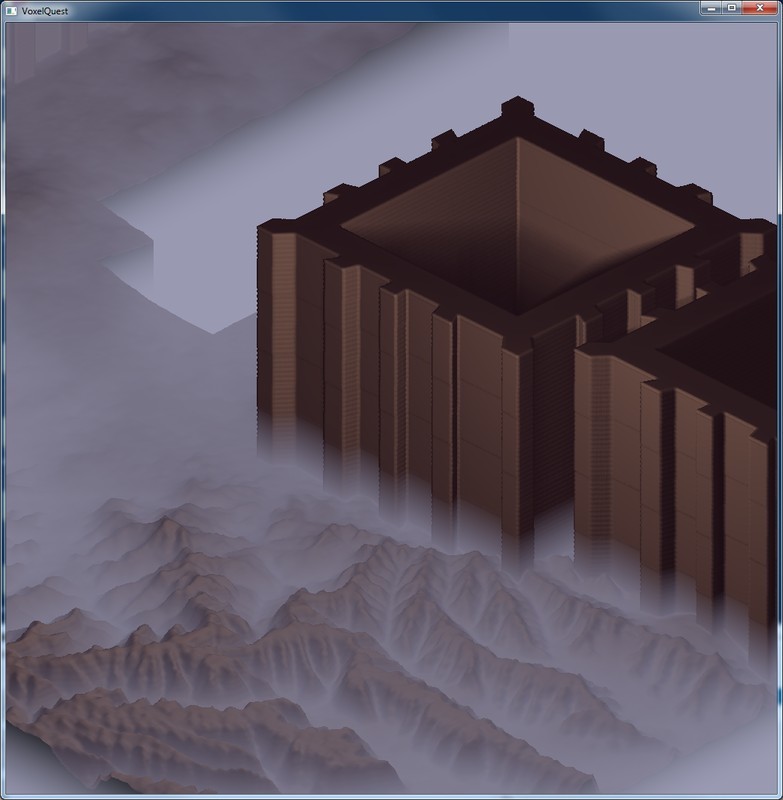
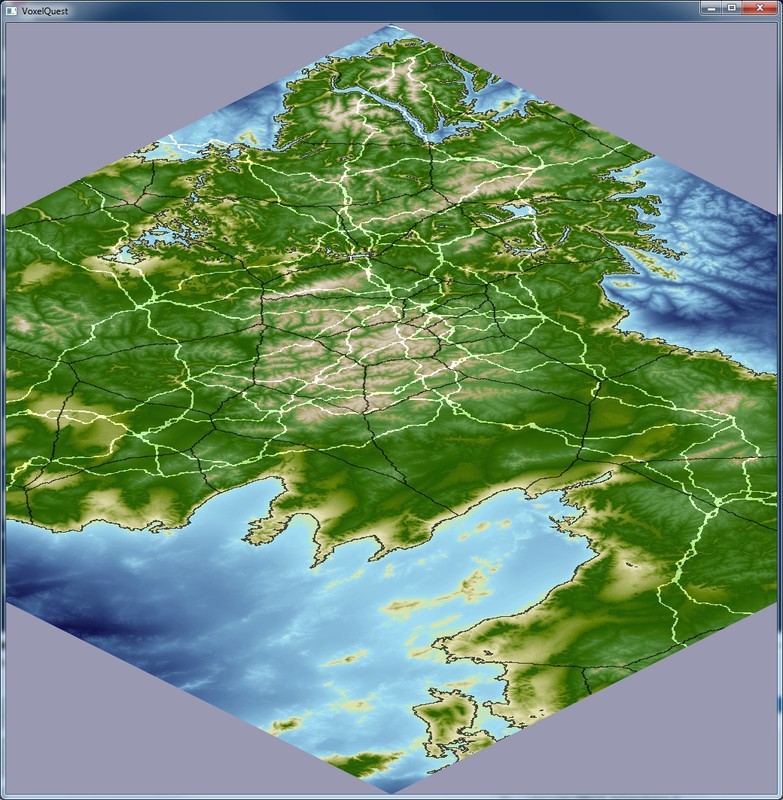
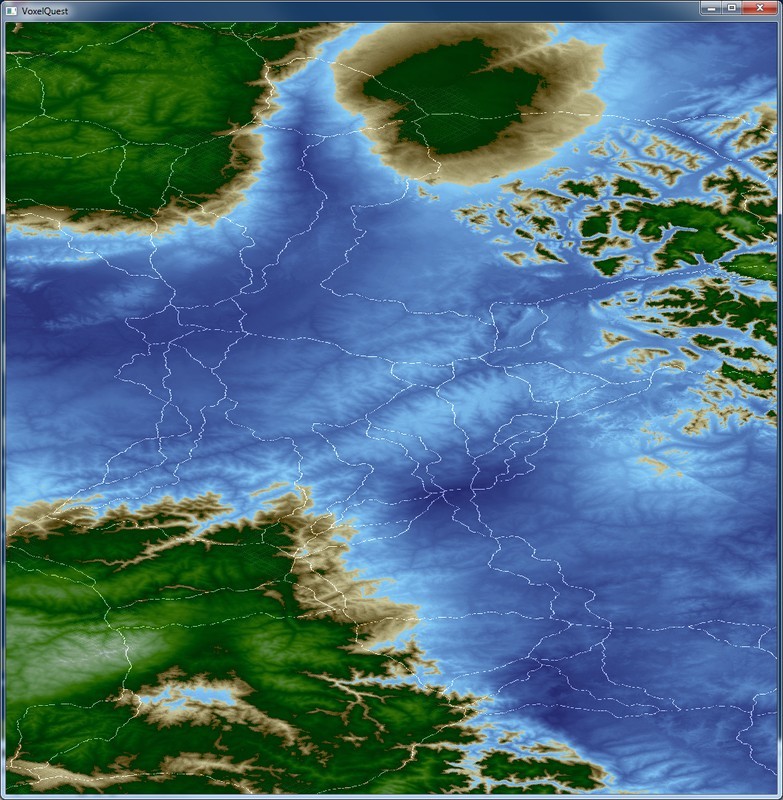
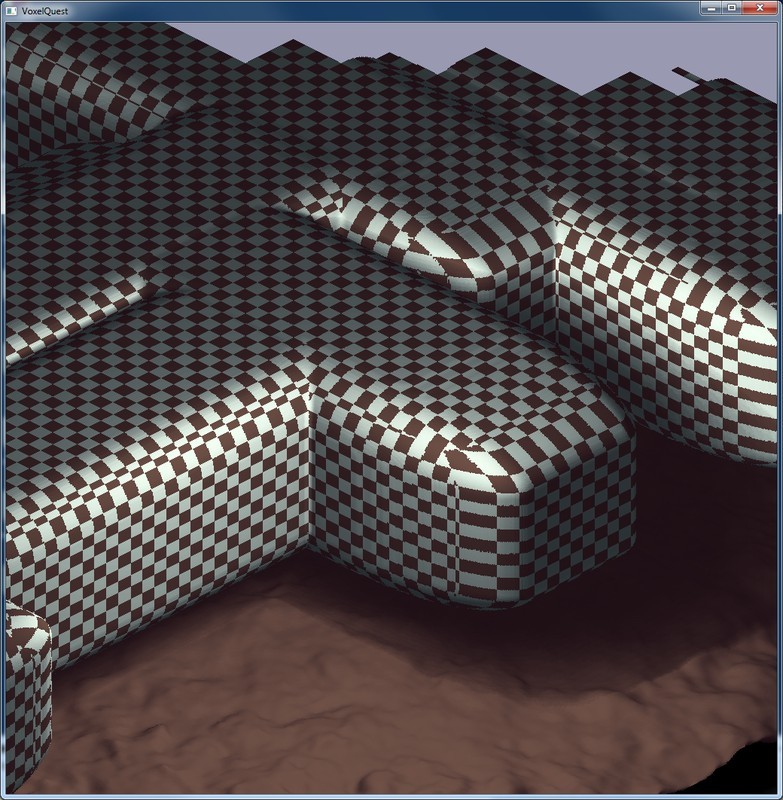
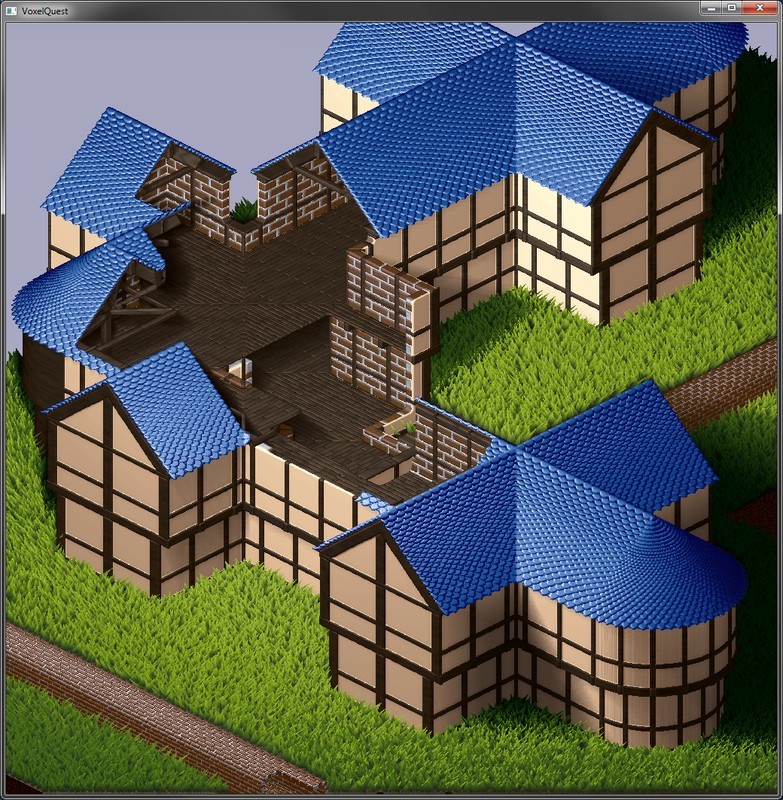
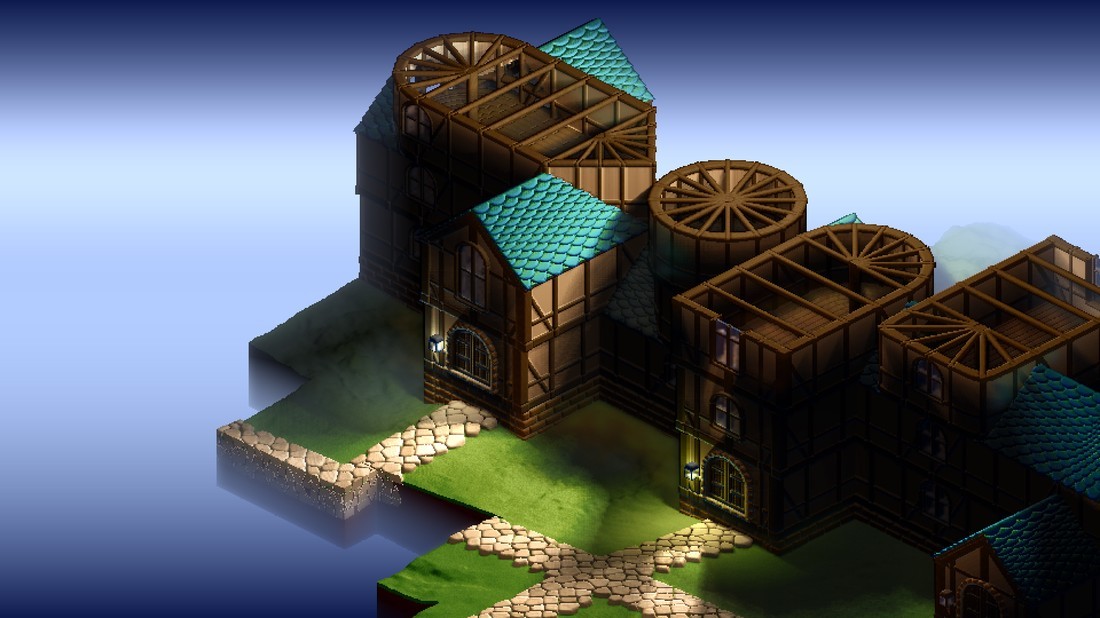
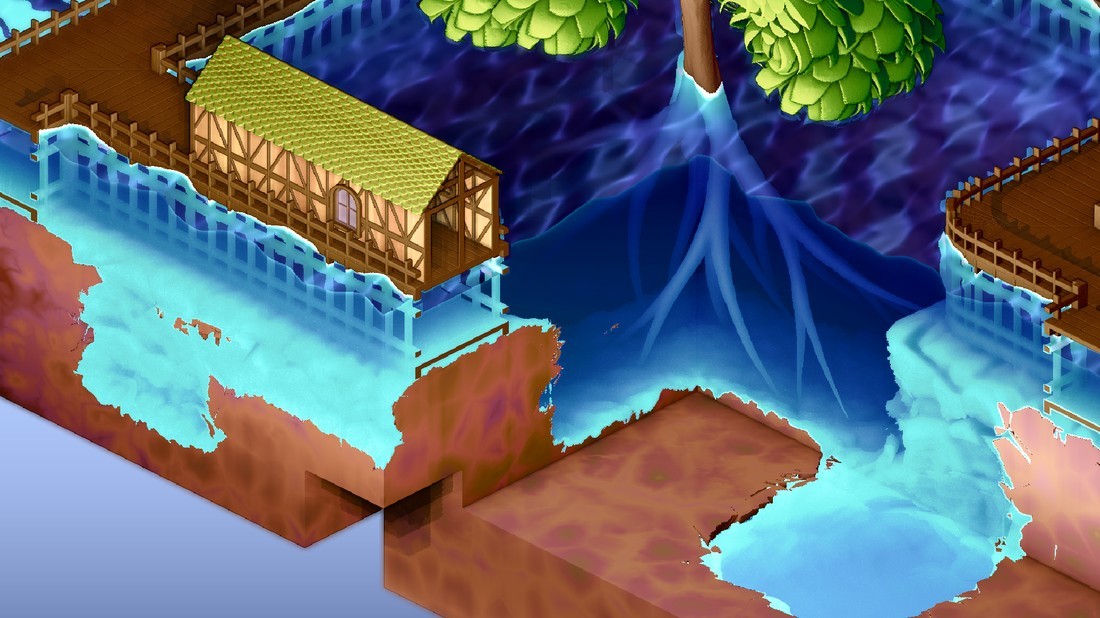
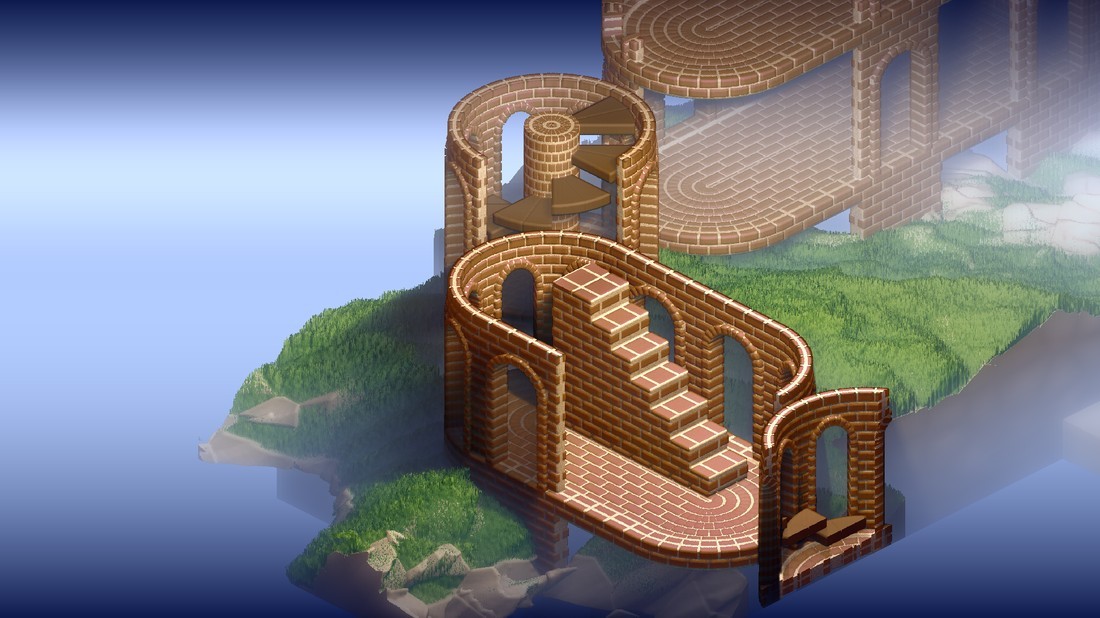
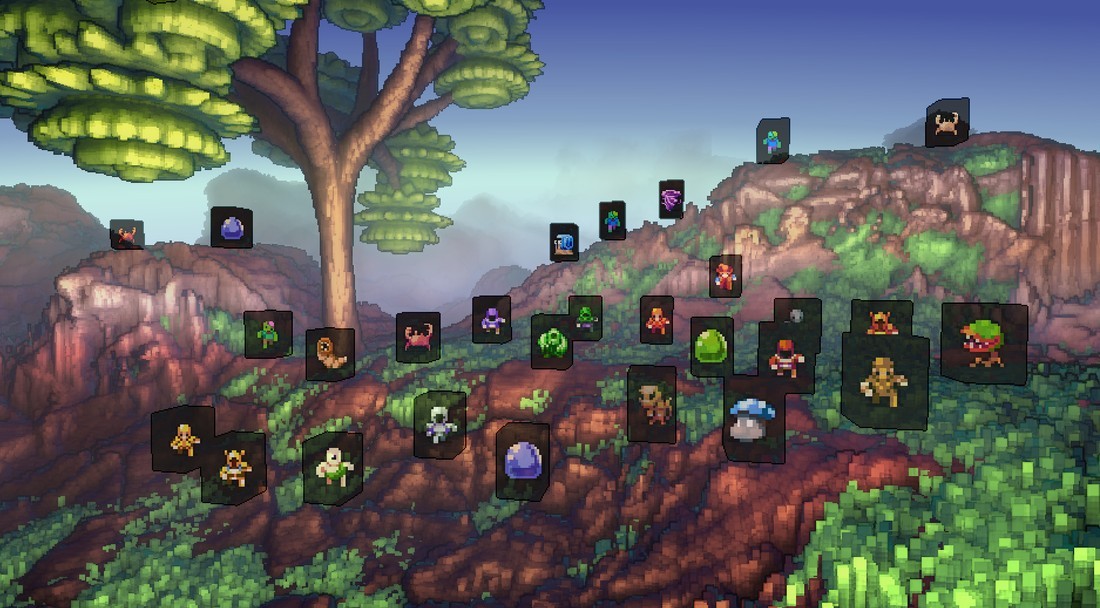









The project was supported on Kicktarter by 1,500 backers who donated $ 35,213 to the author to help make his dream come true. For $ 10, you could order a key for future participation in alpha testing.
Gavan Wooler kept his promise. He published detailed reports on each development stage, communicated with backers on the forums .
The development process turned out to be very exciting, as if hundreds of backers took part in it themselves. But, as is often the case, as a result, development was delayed for a longer period than expected. Gavan ran out of money.
Yesterday he published the final report , in which he gave the latest report on the status of the project. Gavan writes that he is no longer able to continue working because he simply has no money. He spent the last month to find an additional investor for the project (or the buyer of the license to use an almost finished engine), but without success. He also searched for a full-time job for a month to provide his family with the means of subsistence. As a result, the guy still found a job (in the OpenAI company, while under a contract but with the prospect of full time), so now he cannot devote enough time and energy to the game engine.
Gavan decided to return all money to the backers, and put the existing engine code in open access on Github under a free license (MIT or similar). At the same time, he himself promised to take feasible part in the further development of the project, which goes into the public domain. He says that he will also try at his own expense to buy the rights to the sprites that Voxel Quest uses (the rights belong to a third party). “I cannot express how grateful I am to all of you for deciding to support me,” writes Gavan, who himself financed 115 projects on Kickstarter. “And I hope that the years of work that I have invested in the Voxel Quest engine, and all its sources will be a small sign of my appreciation.”
Gavan says that during additional rounds of funding, Voxel Quest on Patreon received up to $ 450 a month, which in his opinion is quite surprising, because from the very beginning he expressed fears in the success of the project. These fears were eventually justified. Now all the statuses of backers will automatically be reset, and the money will be returned, writes Gavan.
The reaction of users was unexpected. In the comments to the blog post, as well as in other forums, the backers in one voice say that Gavin Vouleri can keep the ten dollars for himself. For one and a half years of work on the project and communication with all, he deserved them.
“We already told you that we do not need money! Leave them, you released a stunning voxel renderer, so I participated in the project, ” says one of the backers. Others agree with him.
Moreover, some not only refuse to pay the money, but are also willing to sacrifice more: “If I knew that you were putting the engine code in the public domain, I would send you more money,” one commentator writes. “No need to return them, please leave.”
The last date for the release of the game was January 2017, that is, formally, the developer still had a lot of time, but Gavan acted in good faith, informing him that he left for OpenAI and that he could no longer work on the game as before.
Despite appeals from grateful users, Gavan is still going to pay them back, but they resist: “Stop trying to get me back the money,” one of the backers is outraged . - I do not want them! Watching the development of the Voxel Quest engine was awesome, and I was always more interested in technology than the specific games that make them based on it. I am glad to hear that the engine will be in the public domain, and perhaps people will move it further. ”
One of the backers directly warned Gavan: “ I will spend as much time as I like to track you, find you personally, and force you to return the money back if you dare to list them .”
This is really an amazing story. It is rare to see how the Kickstarter project “fails” (in the sense that the promised product has not been released), but at the same time, so many investors feel complete satisfaction. This is the covenant of the sequence shown by the author, publishing fascinating updates in the course of development, so that all participants simply enjoyed this “adventure” that lasted a year and a half.
When you see such reviews on forums like “I financed you, not a product, leave money” or “Open Source costs more than I donated to this project, so a refund is not required”, then the thought arises that , emotions and feelings for people are much more important than the product itself.
Source: https://habr.com/ru/post/395057/
All Articles